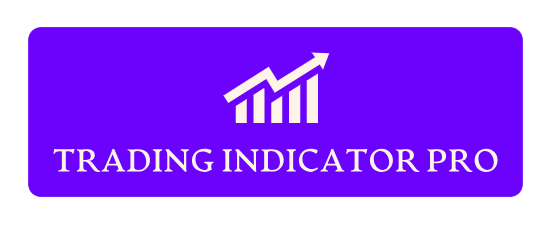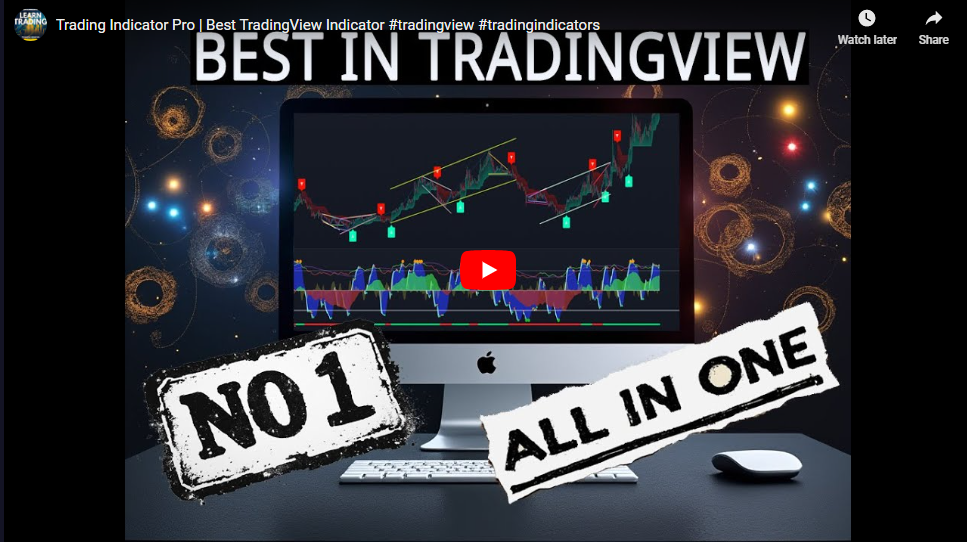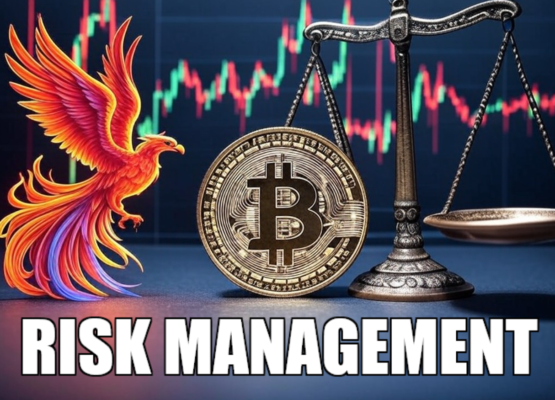How Can I Make Forex Trading My Career: A Detailed Guide
Unlock the secrets to turning forex trading into your livelihood with our guide on how can I make forex trading my career. Learn about education, strategy development, risk management, and the lifestyle of a professional forex trader.
AI TRADING SIGNALS SOFTWARE
LINK-https://tradingindicatorpro.com
WATCH VIDEO TUTORIAL
LINK-https://youtu.be/F96qBjBNeG0?si=vperuAD6P12ueRP9
-
Learn the Basics: Understand what forex trading entails, including how currency pairs work, the leverage system, and the global economic factors that influence currency values. Online platforms like Investopedia or Forex Academy offer comprehensive courses.
-
Forex Market Mechanics: Familiarize yourself with trading sessions, economic indicators, and how geopolitical events affect currency markets.
-
Technical and Fundamental Analysis: Master both. Technical analysis involves chart patterns and indicators, while fundamental analysis looks at economic data and news events.
-
Backtesting: Test your trading strategies against historical data to see how they would have performed. Many trading platforms offer backtesting capabilities or you can use specialized software.
-
Strategy Diversity: Don’t limit yourself to one approach. Learn various methods like scalping, day trading, swing trading, or trend following to adapt to market conditions.
-
Risk Management: This is crucial. Use stop-loss orders, never risk more than a small percentage of your account on a single trade, and understand the implications of leverage.
-
Trading Psychology: Forex trading can be emotionally taxing. Develop the discipline to stick to your strategy, manage losses calmly, and not let greed or fear dictate your actions.
-
Patience and Discipline: Successful traders often wait for the right setups rather than forcing trades. Discipline means adhering to your trading plan even when emotions run high.
-
Journaling: Keep a detailed journal of your trades to review your performance, learn from mistakes, and understand what strategies work best for you.
-
Start Small: Begin with a demo account or small live trades to gain experience without risking substantial amounts.
-
Broker Selection: Choose a broker with a solid reputation, competitive spreads, and the necessary tools for your trading style (like advanced charting or expert advisors for automated trading).
-
Community Engagement: Join forex forums, social media groups, or attend webinars. Learning from others’ experiences can provide invaluable insights.
-
Capital Management: Determine the amount of capital you need to trade full-time while covering living expenses. Remember, trading profits can be irregular.
-
Tax Planning: Understand the tax implications of forex trading in your country. Keep meticulous records for all transactions.
-
Work-Life Balance: Trading requires time, especially in the beginning. Set boundaries to maintain personal health and relationships.
-
Mental Health: The psychological toll of trading can be significant. Develop stress management techniques or seek support to maintain mental well-being.
-
Stay Informed: Forex markets are influenced by global events. Regularly update your knowledge with economic news, central bank policies, and market trends.
-
Professional Development: Consider advanced courses, certifications like those from the Financial Trading Institute, or mentorship from experienced traders.
-
Prove Profitability: Before quitting your day job, ensure your trading strategy is consistently profitable over various market conditions.
-
Build a Safety Net: Have enough savings or an alternative income source to cover at least six months of expenses as you transition.
-
Plan for Irregular Income: Unlike a salaried job, trading income can fluctuate. Plan your finances to accommodate this.





